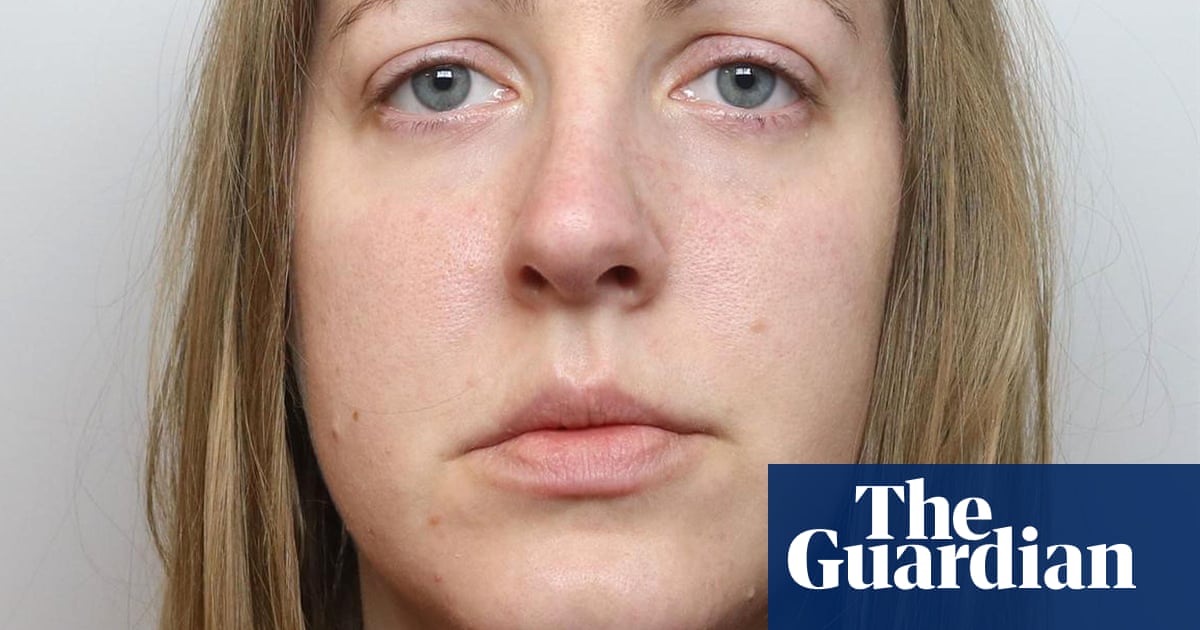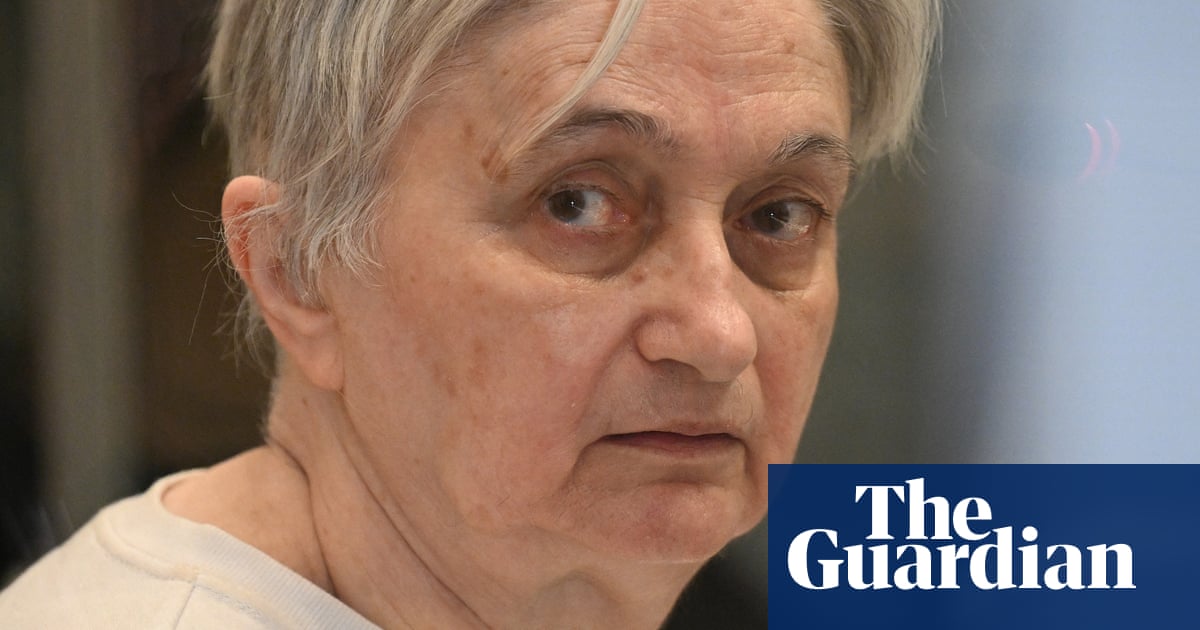
New evidence could lead to the freeing of a nurse known as the “angel of death” who was convicted of killing four patients.
Key parts of the prosecution case that led to the conviction of Colin Norris in 2008 for the murders and for the attempted murder of a fifth patient have been brought into question by the expert evidence.
Norris, 45, has served more than a decade in prison, having been sentenced to spend a minimum of 30 years behind bars.
The official body that examines alleged miscarriages of justice on Friday announced it had sent Norris’s case back to the court of appeal. It has concluded there is a possibility the court will quash all of Norris’s convictions.
Norris was found guilty in 2008 by a majority verdict, meaning at least one juror was not convinced. The trial in Newcastle upon Tyne lasted five months and relied heavily on controversial expert evidence.
He was found to have injected insulin into his five alleged victims, who were all inpatients on orthopaedic wards in Leeds. Four died from hypoglycaemia, where blood sugar drops dangerously low, while the fifth survived.
There was no direct evidence against Norris, only circumstantial evidence. The prosecution said hypoglycaemia was “vanishingly” rare and it produced experts to testify to that effect. The Guardian understands that conclusion has been undermined by the new evidence.
Norris’s attempts to clear his name have so far been rebuffed. His case was investigated by the Criminal Cases Review Commission (CCRC), which decided it may be unsafe.
The commission said: “The prosecution said that spontaneous hypoglycaemia was extremely rare, and it was extraordinary to have a cluster of cases in one place in such a short space of time. They alleged that Mr Norris was present when or shortly before each of the patients became hypoglycaemic, and that his presence was the only factor common to all five cases.”
It added: “The experts agree that the hypoglycaemia in … four patients … may be accounted for by natural causes. The new expert evidence has also highlighted several other relevant developments in the understanding of hypoglycaemia, including its prevalence in the elderly and frail, which cast further doubt on the expert opinion relied upon by the prosecution at trial. This new expert evidence explored recent developments in a complex area where scientific understanding is still developing.”
Norris was convicted of murdering Doris Ludlam, 80, Bridget Bourke, 88, Irene Crookes, 79, and 86-year-old Ethel Hall.
Prosecutors alleged Norris disliked elderly patients and thus deliberately injected the women with insulin. The case was reminiscent of that of the serial killer Dr Harold Shipman and was investigated by the same police force, West Yorkshire, with some of the same detectives involved.
Norris’s mother, June Morrison, welcomed the fresh hope for her son. “At long last we have a glimmer of hope that the nightmare which has taken over all our lives since my innocent son was first interviewed by police in 2002 may be coming to an end,” she said. “I hope and pray that justice will finally prevail.”
Paul May, from a group trying to clear Norris’s name, said: “Colin’s case highlights the difficulties juries face when considering scientific and medical evidence. Today’s certainty may turn out to be tomorrow’s fallacy. Providing the court of appeal takes an objective view of Colin’s case as it now stands, we’re confident he’ll soon be freed and exonerated.”
The CCRC refers 3% of the 1,400 cases it examines each year back to the court of appeal. There, senior judges can uphold a conviction or quash it, leading to either the defendant going free or facing a new trial.












